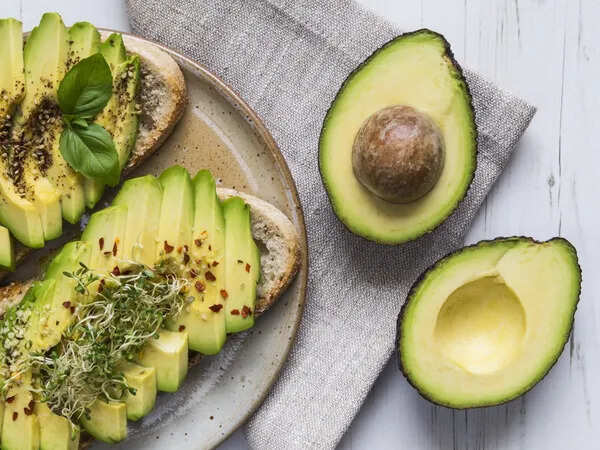Eating Avocado Linked to Lower Cardiovascular Risk
How the study was conducted:
- For 30 years, researchers followed more than 68,780 women (ages 30 to 55 years).
- These participants were sourced from a group study – the Nurses’ Health Study.
- More than 41,700 men (ages 40 to 75 years) in this study were from the Health Professionals Follow-up Study.
- All study participants were US residents who were free of cancer, coronary heart disease, and stroke at the start of the study.
- Researchers documented 9,185 coronary heart disease events and 5,290 strokes during more than 30 years of follow-up.
- Researchers assessed participants’ diet using food frequency questionnaires given at the beginning of the study and then every four years.
- They calculated avocado intake from a questionnaire item that asked about the amount consumed and frequency.
- One serving equaled half of an avocado or a half cup of avocado.
What are the side effects of avocado?
- Avocados contain small-chain carbohydrates called polyols that can have a laxative-like effect when consumed in large quantities.
- And if you have an avocado intolerance or sensitivity to these natural sugars, you may also experience bloating, gas, or an upset stomach up to 48 hours after eating it.
The study’s findings and conclusion:
- After considering a wide range of cardiovascular risk factors and overall diet, researchers arrived at the conclusion that study participants who ate at least two servings of avocado each week had a 16 percent lower risk of cardiovascular disease and a 21 percent lower risk of coronary heart disease, compared to those who never or rarely ate avocados.
- Based on statistical modeling, replacing half a serving daily of margarine, butter, egg, yogurt, cheese, or processed meats such as bacon with the same amount of avocado was associate with a 16 percent to 22 percent lower risk of cardiovascular disease events.
A prospective study that followed more than 110,000 men and women for more than 30 years suggests that eating two servings of avocado a week reduces the risk of developing cardiovascular disease (CVD).
Researchers also found that replacing half a serving of butter, cheese, bacon, or other animal product. With an equivalent amount of avocado was an associate with up to 22% lower risk for CVD events.
The findings add to evidence from other studies that have shown that avocados — which contain multiple nutrients, including fiber and unsaturated, healthy fats — have a positive impact on cardiovascular risk factors, first author Lorena S. Pacheco, Ph.D., a postdoctoral research fellow at the Harvard T.H. Chan School of Public Health, Boston, told theheart.org | Medscape Cardiology.
Researchers in Japan have ALSO discovered that avocados contain potent chemicals that may reduce liver damage. The finding could lead to the development of new drugs to treat liver disease, the researchers say.
CONCLUSION
After adjusting for lifestyle and other diet factors, those who ate at least 2 servings of avocado per week. Had a 16% lower risk of heart disease and a 21% lower risk of coronary heart disease
The findings were published online on March 30 in the Journal of the American Heart Association. J Am Heart Assoc. Published online March 30, 2022. Abstract
Disclaimer:
Tips and suggestions mentioned in the article are for general information purposes. Only and should not construe as professional medical advice. Always consult your doctor or a professional healthcare provider if you have any specific questions about any medical matter
Credits:
Eating Avocado Linked to Lower Cardiovascular Risk – Medscape – Mar 30, 2022.




